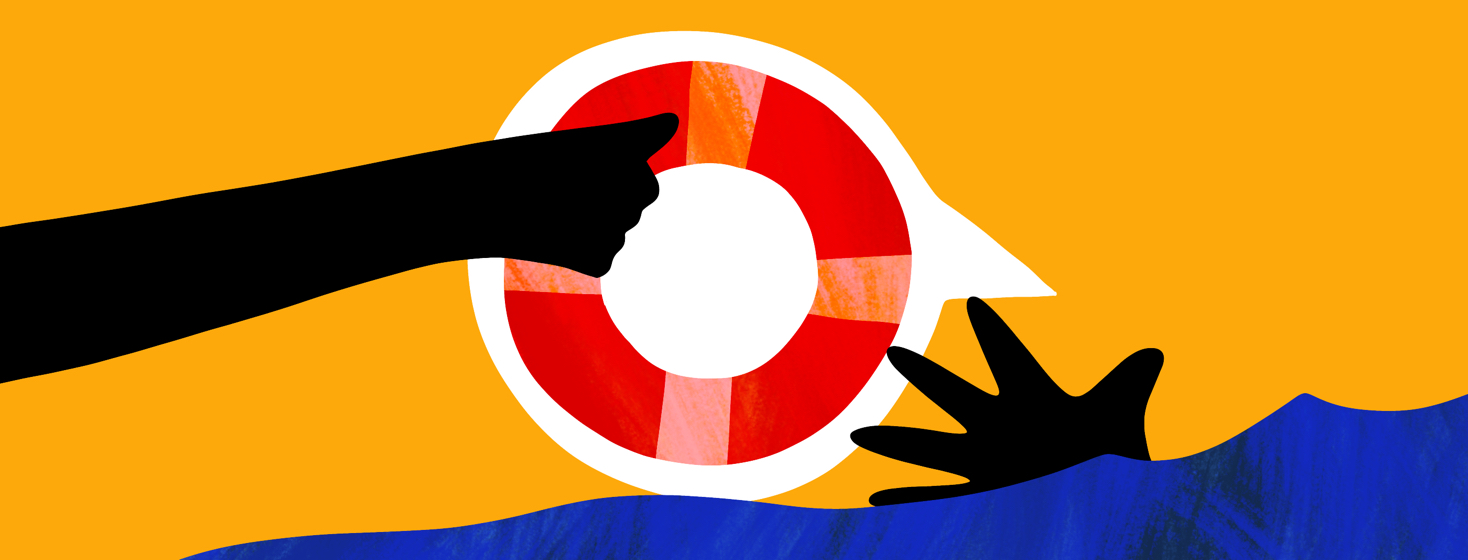Comfort in Having a Rescue Medication in Our Seizure Plan of Care
Now that our son, who is developmentally delayed and non-verbal, is in school full-time and considered an adult at age 18, we feel more comfort knowing that a seizure rescue medication is available to him by the appropriately trained school nurse or teaching professional.
Michael has actually always had a seizure rescue medication since starting his pediatric neurology appointments at Cincinnati Children's Medical Center.
What is a seizure rescue medication?
Rescue medications are generally fast-acting, so they will start working right away. They are often a controlled substance, like benzodiazepines, and they can help stabilize a person having cluster seizures or breakthrough seizures.1
Seizures are a surge of excessive electrical activity that may cause involuntary movements, sensations, emotions, or behaviors. They can present as laughing episodes or staring spells, where the individual is unable to remember what is happening during this blank-out time.2
Our son's seizures can present as small body jerks. Sometimes he also has laughing episodes that accompany these movements.
Rectal medication vs. nasal spray
A rescue medication allows us or other caregivers to get him stable enough to transport to the hospital for further testing and care, when repeated seizures keep happening, or the medication can stop the seizures altogether, avoiding an emergency room (ER) visit. Our son's rescue medication is an epilepsy nasal spray.
In the past, we have been prescribed a controlled medication that had to be administered rectally. We've found the nasal spray to be more accessible and less embarrassing for everyone in an emergency.
Peace of mind at home and school
Our son has lived with epilepsy for most of his life since he was diagnosed at age 3. His seizure action plan at school and home has always included rescue medication.
It not only gives us, his parents, peace of mind, but also is a source of confidence for others who care for him when he is at school or in the community.
When a seizure is triggered
Michael can sometimes have cluster seizures when the weather changes or the barometric pressure changes quickly. This just happened this past week when a cold front and series of storms passed through our city.
He had a rather large seizure in the car and our caregiver was with him. She gave Michael an extra seizure pill, which helped to stop the episode. His seizure plan – from his neurologist – states that he should have 1 extra pill and if that doesn't stop the breakthrough seizures, Michael should receive the nasal spray medication, then be taken to the ER. It is important to speak to your doctor about what action plan is best for you, as everyone is different.
Knowing when it is an emergency
Our seizure plan is also to watch and wait. If Michael begins having cluster seizures that last more that 2-3 minutes without resolving with an extra pill that he takes 3 times a day, we are to give him a prescribed benzodiazepine or nasal spray.
This almost always slows his brain enough to stop the seizure activity long enough to get him to the hospital for monitoring and further testing from a neurology team.
Do you have a seizure action plan?
Do you have a seizure plan in place and a rescue medication should you be faced with an emergency situation? If not, I'd recommend talking to your neurologist about this concern. You need to have protocols in place for your safety and the safety of those helping to care for you during a seizure.

Join the conversation